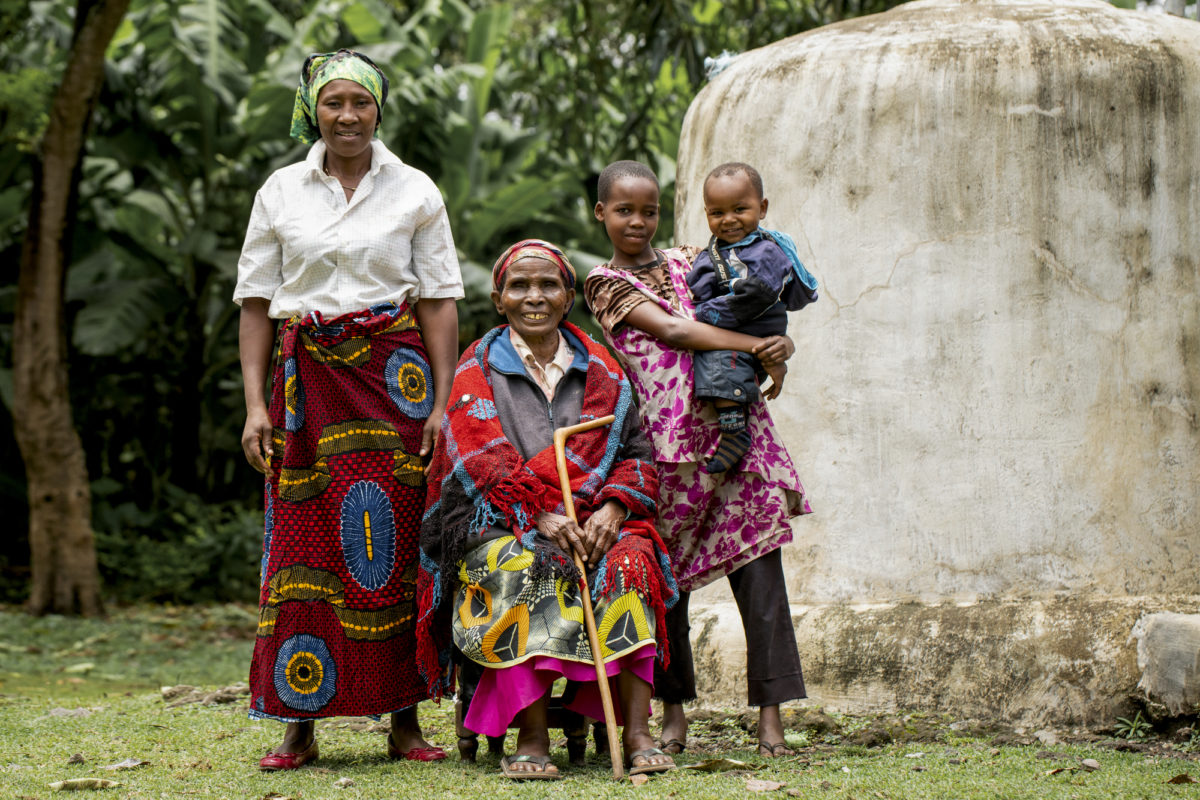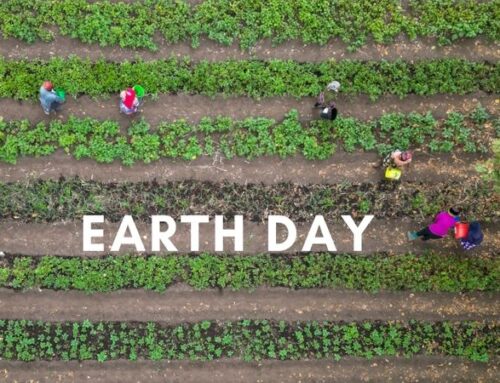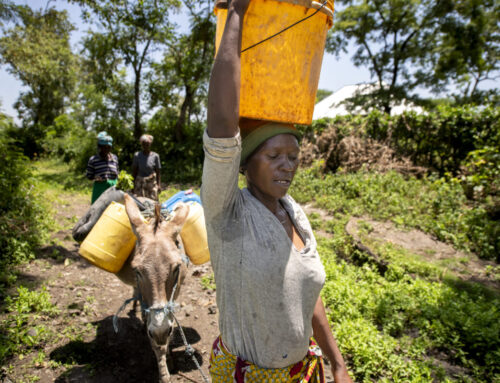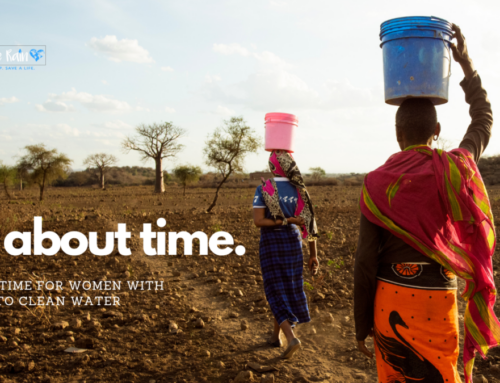Eliaremisa never went to school, and dates don’t matter to her. She can’t tell you what year her husband died. She marks time by when Tanzania was still a colony– when Nyerere took his seat, and the nation became independent. That season the rivers flooded.
Several of her grandchildren live with her. Save the Rain built her a rainwater harvesting system when they saw how much of each day went to trying to find enough for them all to drink, cook with, wash with. It consumed her time, energy and thoughts. Now, she says, she can rest. She doesn’t think about water. She knows she now has enough. But she still does think about the rains.
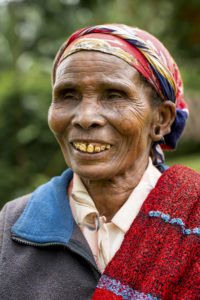 Always a farmer
Always a farmer
Eliaremisa has always been a farmer. She remembers when people grew all sorts of crops, and you would get two harvests a year. Now, it’s nearly all maize, and you get just one. In her lifetime, seasons have gone from regular and dependable to erratic and punishing.
Soil ages, just like a person, she says. And it’s tired. As she sighs, you can see the kinship we’ve lost, the communion with the earth that’s gone. Children used to work the fields alongside their parents and learned how to love the land. Now, they inherit their share, sell it for money, or build on it — halving it every generation.
The earth can’t breathe.
She remembers so many trees. There was enough room to farm and for livestock, too. But now people are decimating forests to get more. That’s why it’s hotter, she explains: there’s no shade. The air can’t move when so many people are living so close together – there’s no breeze. The earth can’t breathe.
The forests were also home to medicinal plants. The ancient herbs cured once and for all, but this new medicine only makes the disease sleep. Eliaremisa watches people repeatedly returning for treatment, but they never seem to be healed.
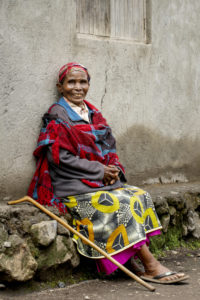
It used to be meat and milk from your herd, crops from your field, and medicine from the forest. Now food and drugs are something you buy. How do you know what you’re putting in your body? We’re not just alienated from the land, we’ve alienated our very selves.
Making changes that matter
She hasn’t had a formal education, but the things she knows are far older than schools.
So how do we go back to how it was? You can’t go back, she says. Doesn’t ‘progress’ mean going forward? Her memories make a case for making changes that matter. It’s why Save the Rain distributes tree seedlings, trains communities in sustainable agriculture and soil moisture regeneration.
If we can reforest and rebuild the soil, rains can regulate. We won’t have things back to what they were in Eliaremisa’s day, but we’ll be doing a much better job of moving forward.
